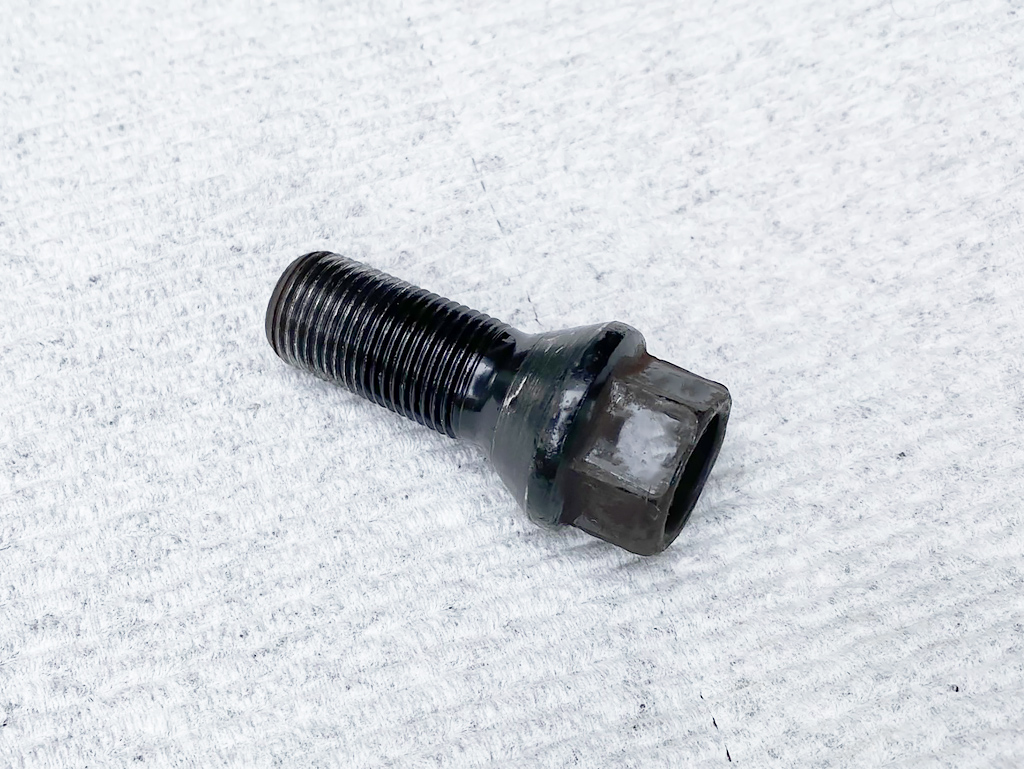GON
$100 Site Donor 2024
Gootntite for all my cars and trucks.An old (sarcastic) German mechanic once told me the proper torque for anything is just before it snaps off the bolt. He also told me to never force anything, just use a bigger hammer.
Last edited:


